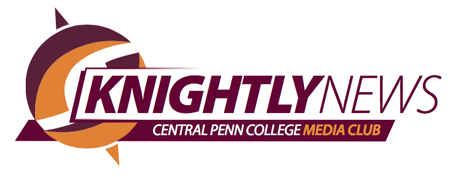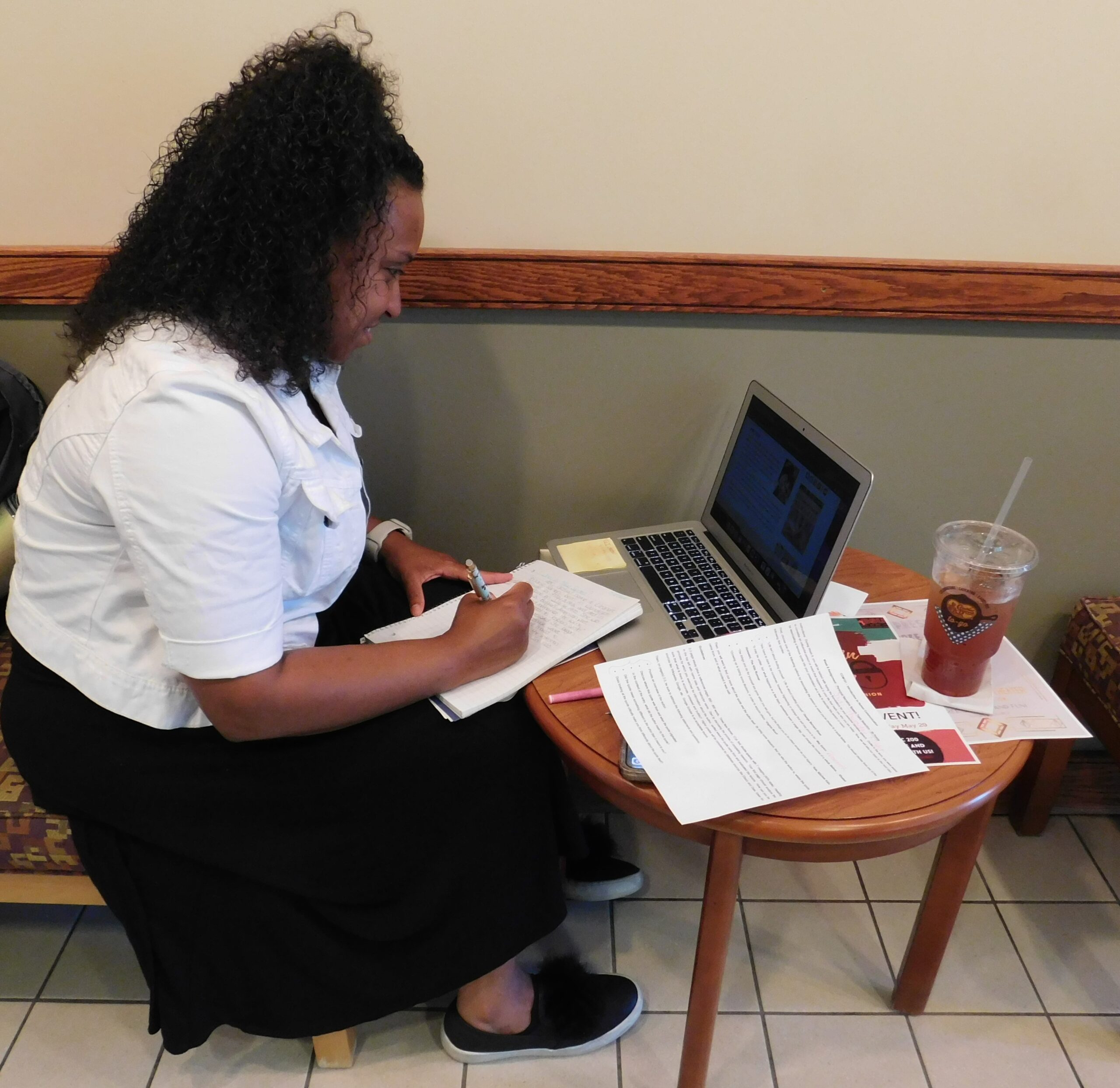Central Penn earns home-school certification
Part of a commitment to community partnering, president says

By Madison R. Lucey
Knightly News Reporter
Madison.Lucey@mymail.centralpenn.edu
The one-size-fits-all learning-possibilities mentality does not apply to Central Penn College.
Consider: Recently, Central Penn became “homeschool-friendly” certified by the Baltimore-based Homeschooling Parent Association (HSPA).
CPC is the third Pennsylvania school certified by HSPA.
“We are extremely proud to earn this certification from HSPA,” President Linda Fedrizzi-Williams said. “Central Penn College is committed to building strong relationships with local and regional school districts, cyber and charter schools, and parent organizations, such as HSPA.”
Eighteen high school students took Central Penn classes during the winter term – all of them from Commonwealth Charter Academy.
Background
According to HSPA’s website, the organization’s bedrock principle is that home-schooling parents have certain expectations from colleges. One of those expectations is that a college be home-school friendly. Many parents discover, though, that many colleges are not home-school friendly.
As a result, few colleges meet HSPA-friendly standards. Parents expect that different aspects of their children’s intelligence be considered and that home-schooled children will be recognized for accomplishments in mastering those skills they and their family deem important.
Standard state-mandated approaches to education as handed down by education departments measure academic skill and success differently than do Montessori and home-school educators.
The HSPA does not assert that its methods are superior to assessments and teaching measures used in public or private schools; rather, it says its methods are tailored to the needs of individual children, on the assumption that a parent knows his or her child better than an academic institution does.
Certificate requirements
HSPA certification requires an online test that a faculty member from a college seeking certification takes. A $499 annual fee is also required. If the designated person taking the qualifying exam passes it, then the HSPA issues the institution a seal of approval.
The exam is rigorous, and people from institutions seeking HSPA approval who are closed to flexible teaching methods will likely fail. A score of at least 80 percent is required.
A successful score requires study of and familiarity with multiple chapters of home-schooling overview, methods and curriculum.
Five questions are featured from each of five chapters. The test can be retaken if the passing score is not achieved. The assessment is not timed, and a break can be taken after beginning the exam.
The five chapters cover:
- The history of home-schooling
- Why people home-school
- State requirements
- Competencies and standardized testing
- The future of home-schooling
Advertising resources
With the five chapters, the applying college receives marketing materials with certification. Advertising and ad resources are provided annually to the college through the HSPA’s home-schooling marketplace. A school profile is also provided. Although it is a fixed price, HSPA members may purchase additional advertising with a 15 percent discount for being a member.
Membership ensures that one college or university does not get preference over another in regard to its home-school-friendly acumen. The additional advertising options range from $590 to $1,900, with advertising benefits increasing as advertising cost increases.
Time commitment to become certified
The certification takes as long as the designated college or university faculty member taking the exam requires to study for the exam and pass it.
Upon the faulty member passing the test and the institution seeking certification paying the $499 membership fee, the college is certified.
“(March) has been really good in terms of recognition for the college,” Greg Colburn, communications coordinator at Central Penn College, said. “In addition to earning the home-school-friendly certification by HSPA, we also were designated a Guard Friendly School by the Pennsylvania National Guard Associations (PNGAs) for the second consecutive year. “Both of these awards validate the student-first, student-friendly approach taken by the college, especially by our admissions department, when reaching out to diverse populations of prospective students.
Appreciating these different facets of learning and life experience makes Central Penn stand a head above schools where administrators are not as open-minded. The approach increases acceptance of people’s differences, and the practice of diversity and inclusion.
Note: Inconsistencies in the spelling of “home school” and its variants in the article is from using the association’s spellings in attributed or quote matter, and AP style, which uses a hyphen.
Have a comment or a story idea? Contact KnightlyEditors@CentralPenn.Edu.
Edited by media-club co-adviser Professor Michael Lear-Olimpi




